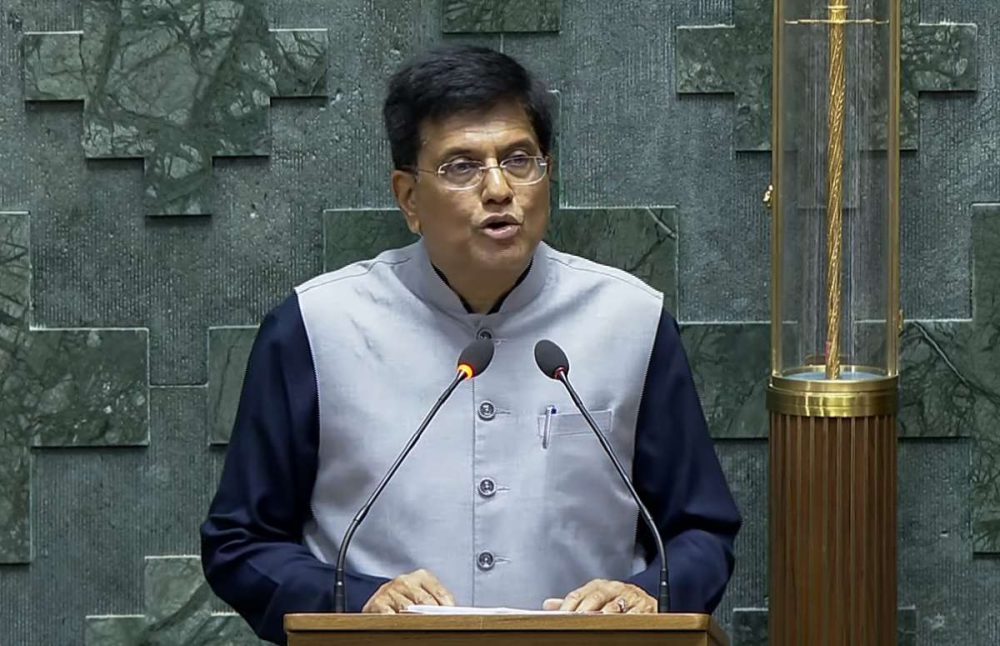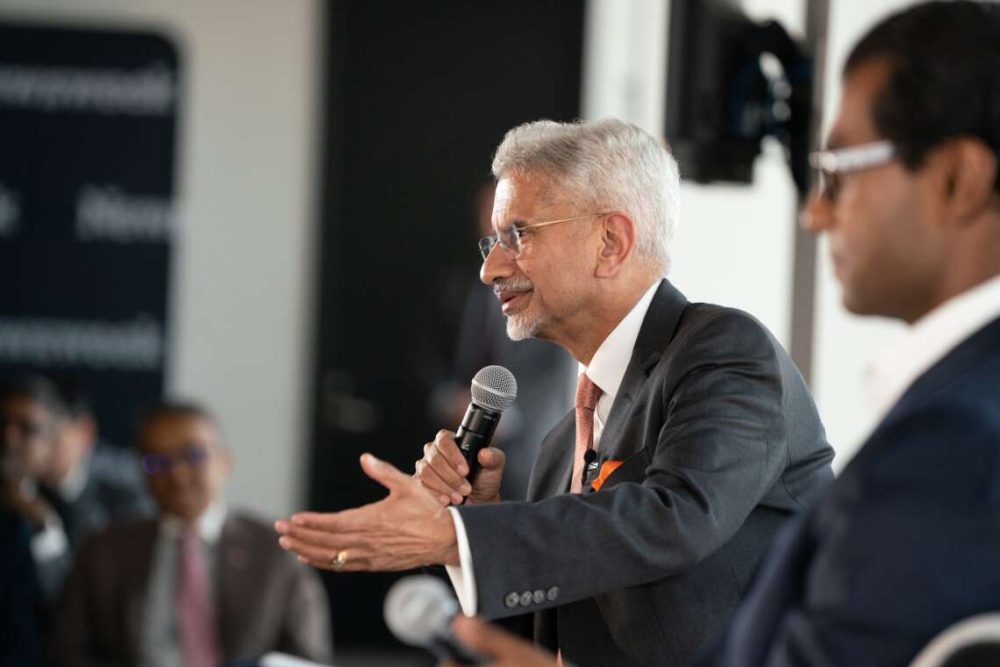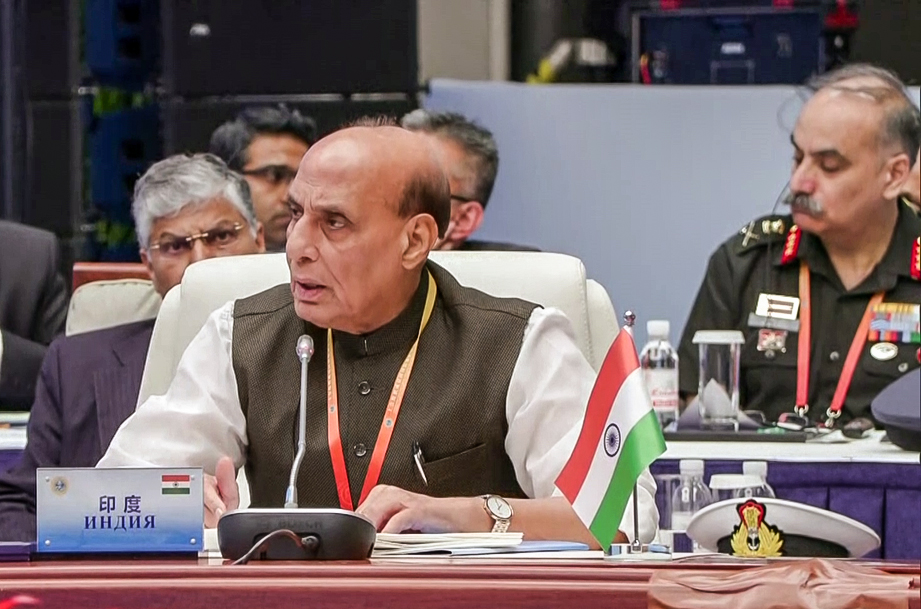With less than a week to go for the US election, Republican lawmakers got an earful from critics for the timing of the “sham” hearing…reports NIKHILA NATARAJAN

Baloney!”, “sham!” and “who the hell are you” scoldings dominated a Senate hearing on Wednesday where the CEOs of Twitter, Facebook and Google took heat in a talking match with US lawmakers over the idea of free speech and alleged anti-conservative bias on the companies’ mighty platforms.
The Congressional grilling quickly shifted into the realm of political circus around the social media content moderation dumpster fire.
With less than a week to go for the US election, Republican lawmakers got an earful from critics for the timing of the “sham” hearing.
At the heart of the heated arguments were 26 words tucked away in a 1996 US law – Section 230 of the 1996 Communications Decency Act.
Section 230 states that “no provider or user of an interactive computer service shall be treated as the publisher or speaker of any information provided by another information content provider”.
Under American law, Internet firms are typically exempt from liability for content that users post on platforms. President Donald Trump has challenged this via executive order which threatens to strip those protections if online platforms wade into “editorial decisions”.
For 3 hours and 42 minutes, the CEOs of Twitter, Facebook and Google were at the receiving end of a firehose version of bipartisan alarm over their phenomenal power to influence behaviour at scale.
The Republicans’ drumbeat centered on Facebook’s and Twitter’s decision earlier this month to slam the brakes on an unverified political story from the conservative-leaning New York Post about Democratic presidential nominee Joe Biden. The story cited unverified emails from Biden’s son Hunter.
Trump acolytes jumped on the chance to prove their loyalty. One of them called Twitter’s action on the newspaper “a pattern of censorship and silencing Americans with whom Twitter disagrees”.
For their part, Twitter, Facebook and Google have struggled to frame exactly how they would intervene and in how many scenarios. And what about content that doesn’t fall into their precast rubric or categories of bad stuff? The answers have been less than clear.
Of the three companies, Facebook’s sway over behavioural targeting has raised a string of red flags in the context of the US 2020 election.
Multiple lawmakers pushed back against the idea of “unelected San Francisco elites” deciding if content makes the grade or not.
In opening statements, Dorsey, Zuckerberg and Pichai spoke to the proposals for changes to Section 230. Zuckerberg said Congress “should update the law to make sure it’s working as intended.”
Google CEO Sundar Pichai said that if Google was “acting as a publisher”, he would be okay with the company being liable for content published on its platform.
Wednesday’s hearing comes barely a week after the US Justice Department’s landmark antitrust lawsuit against Google which argues that both advertisers and regular people are harmed by the tech giant’s position as “the unchallenged gateway to the Internet for billions of users worldwide.”
Warnings abound of the coming restrictions and for the “free pass” to end, maybe on the other side of the election results.









